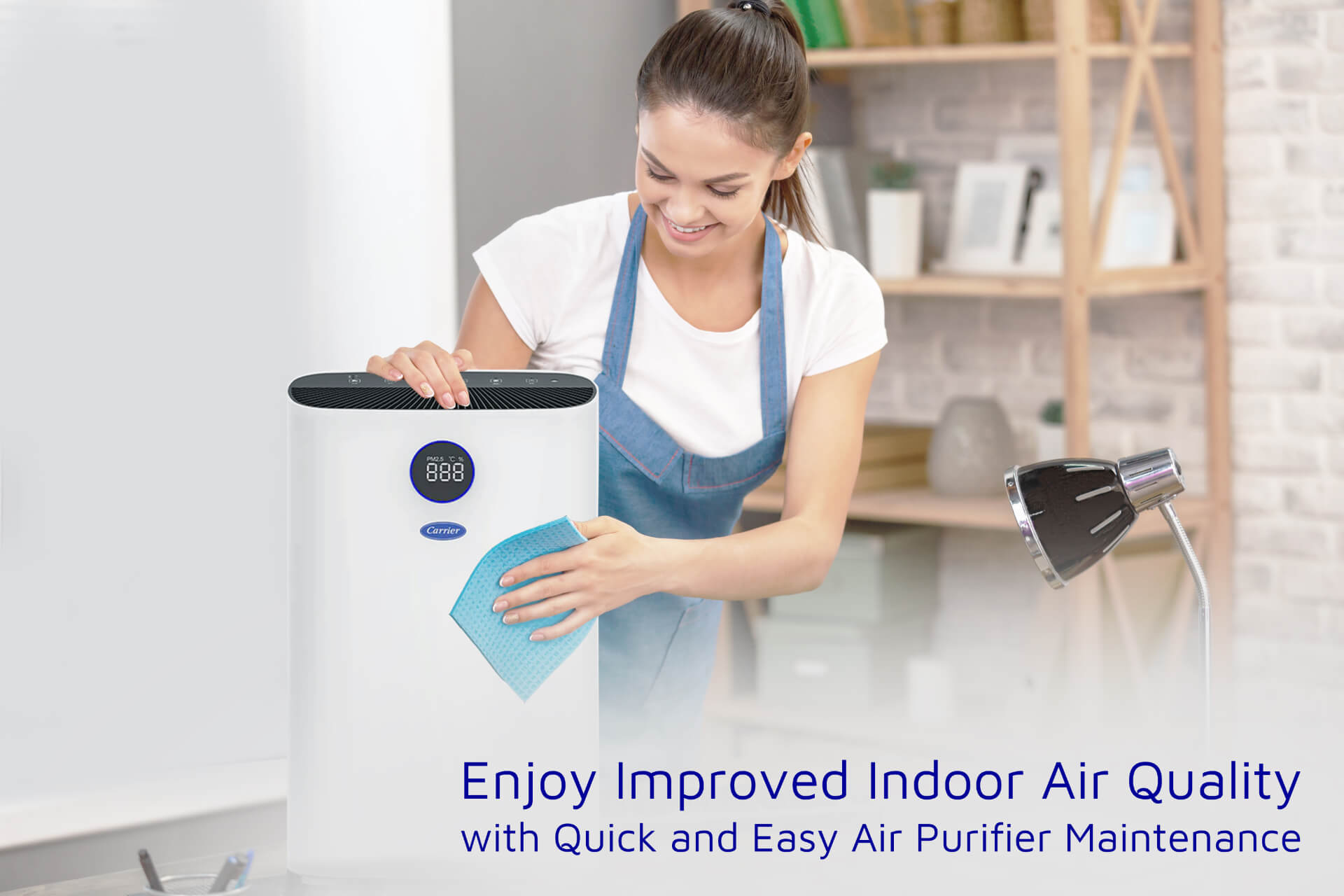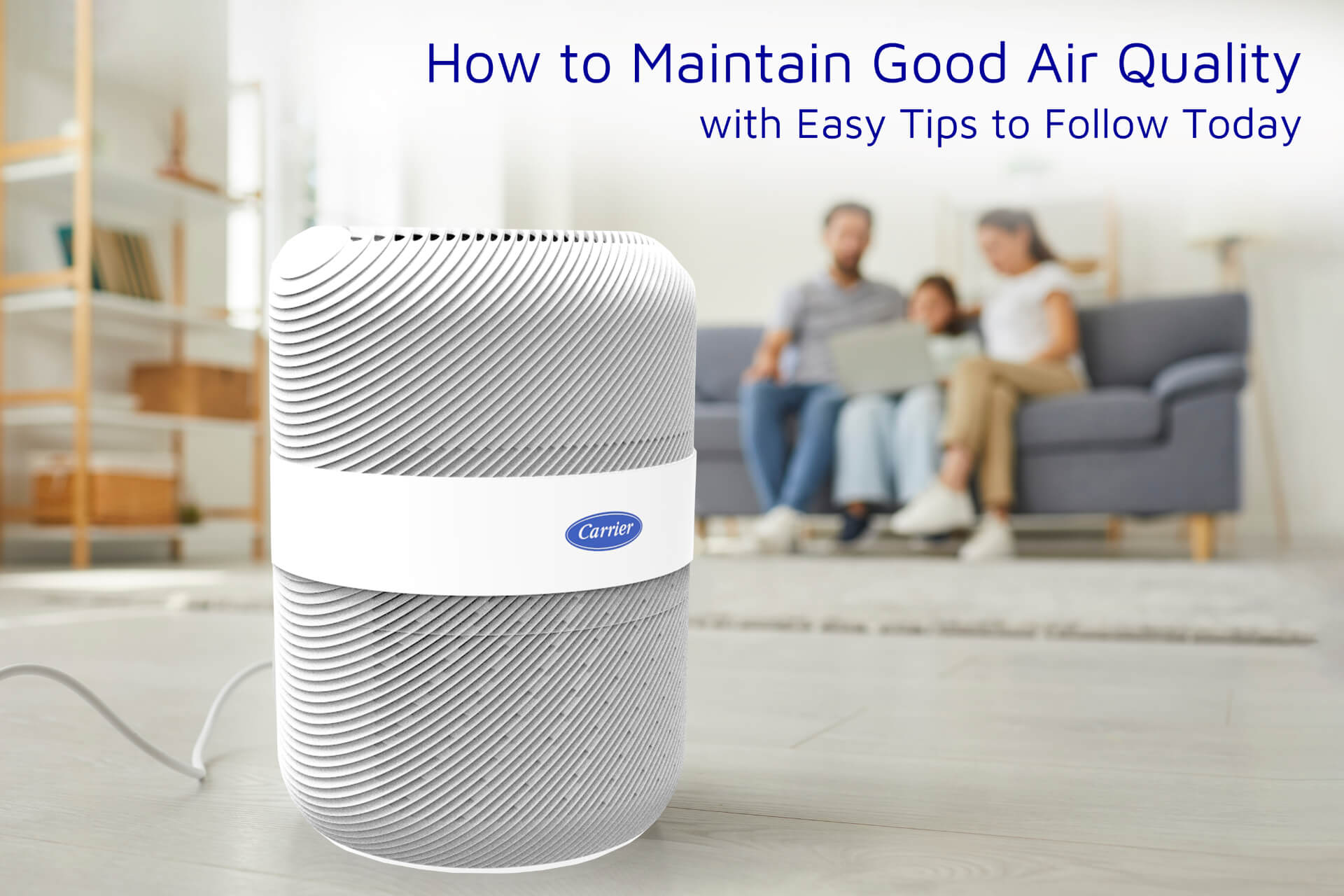If you’ve had a long night of sleep and still feel unrested in the morning, you may not be getting as good a sleep as you think. And the reason could be having poor indoor air quality (IAQ) in your bedroom.
In this article, we’ll go over some of the most common causes of poor indoor air quality and what you can do to improve the situation to get clean, fresh air and a better, more refreshing sleep!








